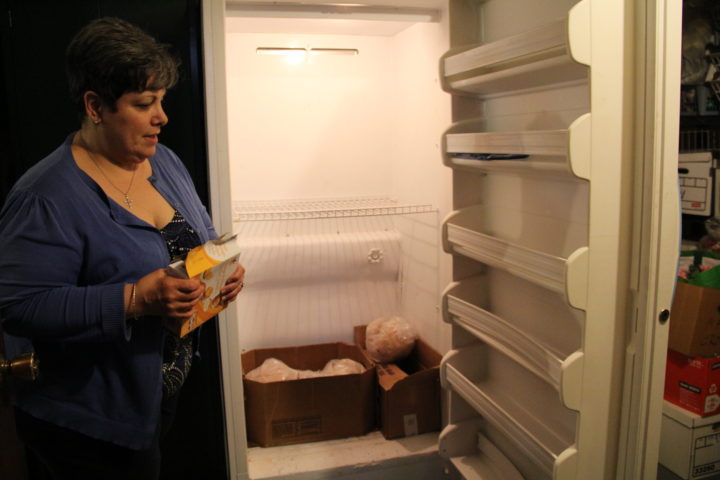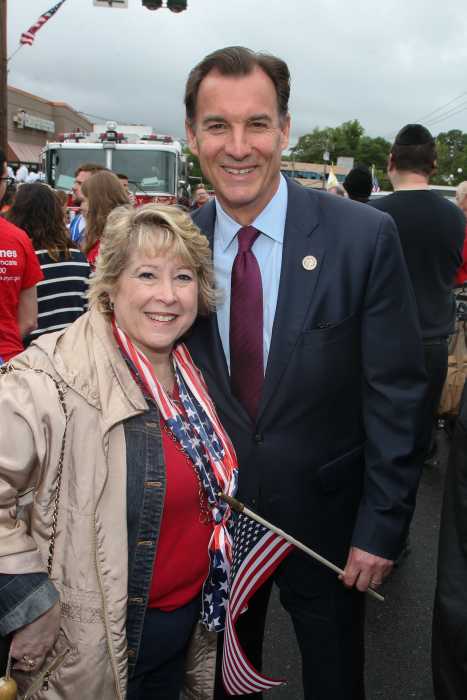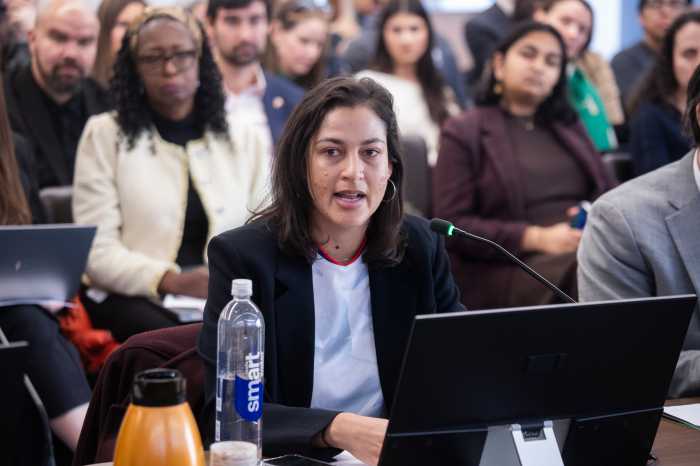Having a job doesn’t necessarily mean that you’re no longer hungry, as a new report found that one in 12 working people in Queens suffers from food insecurity.
Hunger Free America came to Ridgewood on Nov. 22 to announce its annual report on hunger in the “World’s Borough.” The nonprofit advocacy group noted that the number of hungry people in Queens has dropped 15 percent over the last three years, but remains 15 percent higher than the number recorded prior to the Great Recession nearly a decade ago.
Joel Berg, CEO of Hunger Free America, pointed to recent minimum wage increases in New York City as a cause for the recent decline in hunger, but warned that looming Trump administration cuts puts many working class residents in danger of falling into greater poverty.
The organization cited, as one example, the administration’s recent proposed $192 billion reduction in the national Supplemental Nutritional Assistance Program (SNAP), which provides economic assistance to qualified individuals to purchase food and drink.
“We still face a nation, state and local epidemic of the ‘working hungry,'” Berg said. “Yet, just at a time when the nation needs even more jobs, even higher wages and even more robust anti-hunger safety net programs, Republicans in Washington are scheming to cut the safety net and eviscerate health care — which would clearly make hunger soar — just to fund even more tax cuts for the mega-wealthy.”
Hunger Free America’s examination of Queens found that 10.3 percent of the borough’s children resided in food insecure homes over the last three years. One out of every 11 Queens senior citizens also suffers from food insecurity.
Food pantries and soup kitchens work diligently to feed the hungry, but the report found that 34.6 percent of these organizations can’t keep up with the demand. Approximately 38.9 percent indicated that they needed to turn people away, reduce the amount of distributed food or limit their hours of operation due to insufficient supply.
“Hunger in New York City, through all seasons, has become an expensive service,” said Tanesha Williams, a volunteer at Bethel Gospel Tabernacle in Jamaica. “How can we give if we are limited?”
One local lawmaker, City Councilman Barry Grodenchik, said that no Queens family or individual “should ever go hungry in our city.”
“Far too many New Yorkers lack access to adequate quality food,” Grodenchik said. “Choosing between paying bills and purchasing nutritious food is a constant struggle for so many of our neighbors.”
Read the full report by visiting Hunger Free America’s website.



































